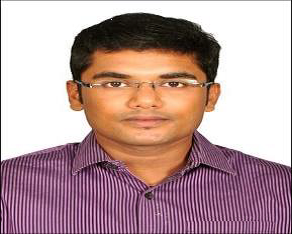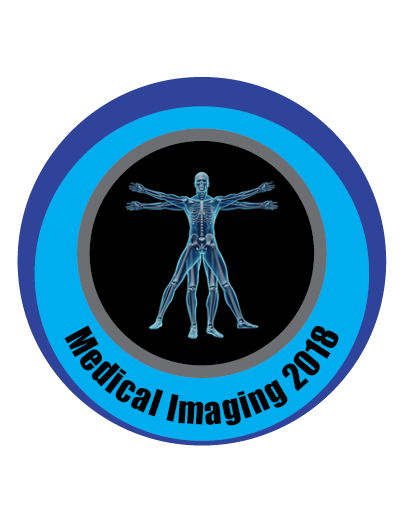
Prashanth Balaji
Hillingdon Hospital, UK
Title: Assessment and performing CT Imaging with NICE head injury guidelines in the emergency department
Biography
Biography: Prashanth Balaji
Abstract
Background
Head Injury is defined as trauma of head apart face. About 1.4 million people present to ED every year. As a result, National Institute of Health & Clinical Excellence formulated clear guidelines (CG176) for accessing and performing CT Imaging. This study evaluates whether patients are accessed and performed CT Imaging according to NICE guidelines.
Methods
A retrospective study was carried out in the Emergency department with suspected head injury patients, in September 2017. Electronic clerking documentations and CT requests forms of 94 patients (64 Adults and 27 children) were analysed to check, if they were accessed for indications and performed CT Imaging according to NICE Guidelines.
Results
Among 94 patients, 23 had CT imaging of which 17(74%) met the NICE guidelines while the 6 (26%) didn’t. Results of the scans that didn’t meet criteria were normal. In addition, documentation issues were identified in clerking and CT request forms while accessing risk factors e.g. 16% and 26% of adults and children were documented for seizures respectively. Conclusions:
This retrospective study emphasises the understanding of doctors in managing Head Injury with 74% of scans compliant with Guidelines. To achieve further compliance and increase the quality of documentations, certain modifications have been implemented:
- Introduction of CT Assessment Proforma
- Presentation of findings in regional meeting
- Teaching for doctors and nurses
- Posters with key information from CG176
With these implementations, we intend to achieve 100% compliance, alongside accurate documentation ensuring imaging is carried out in a cost- and resource-effective manner while preventing unnecessary radiations.

